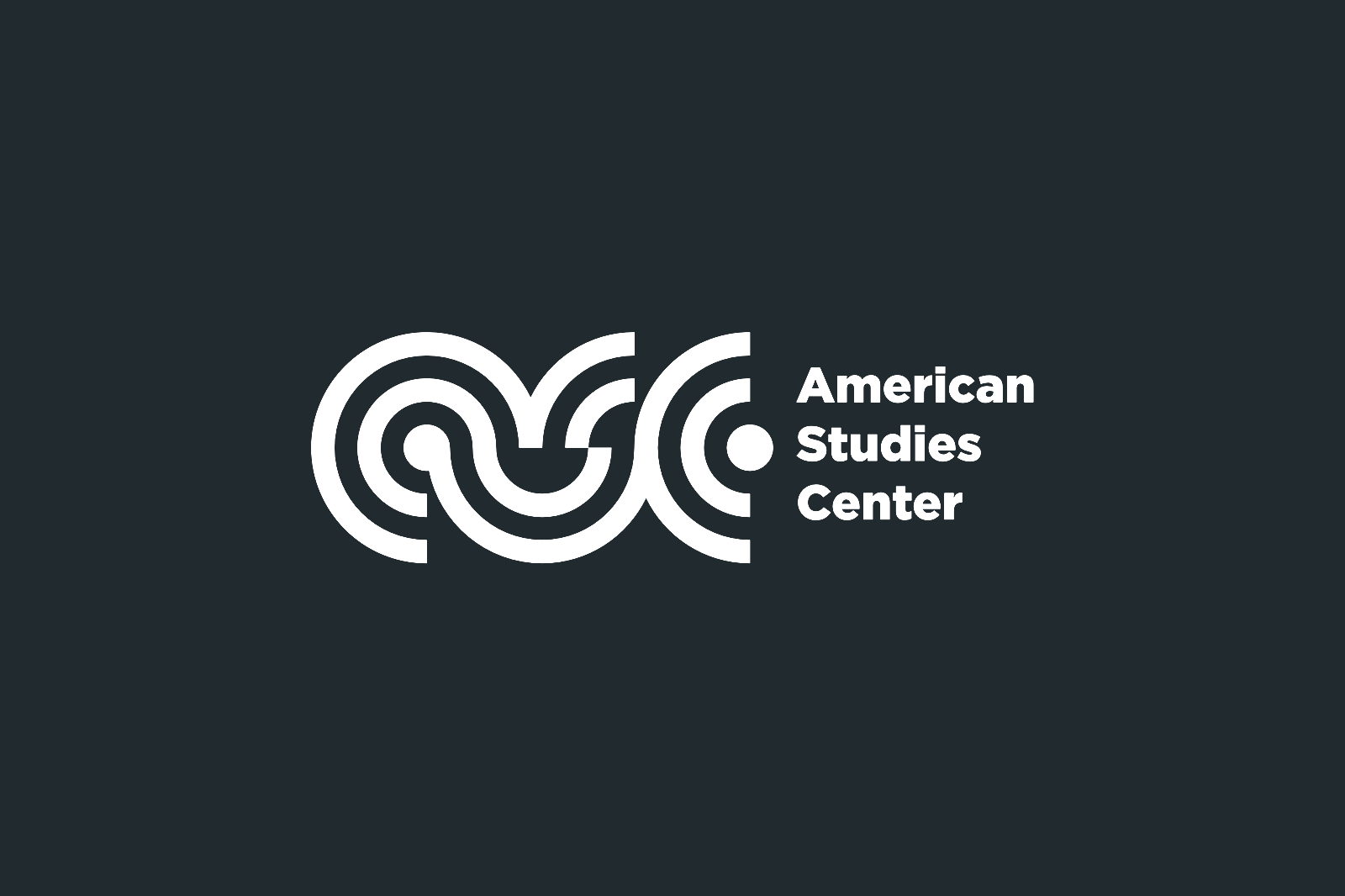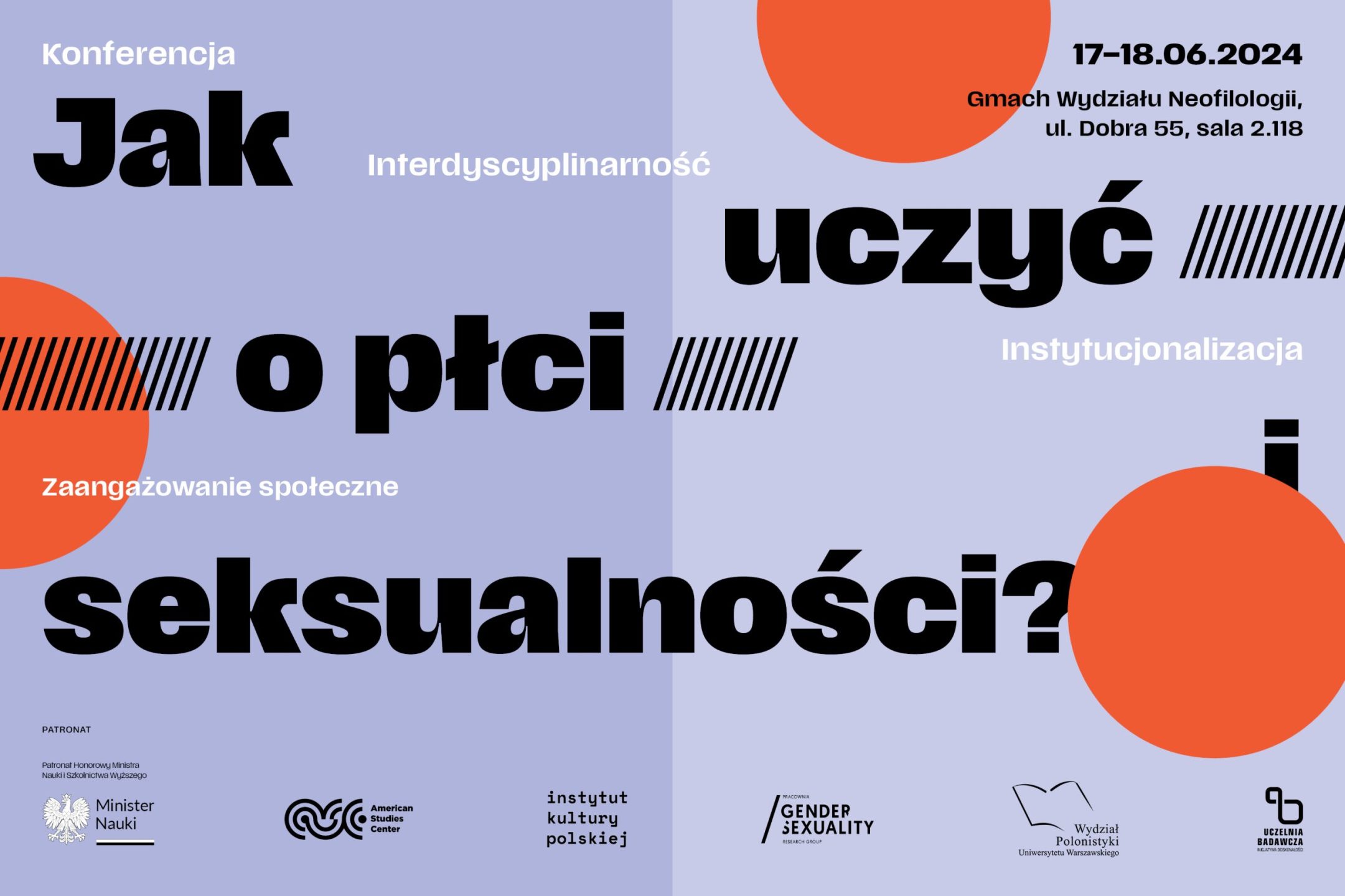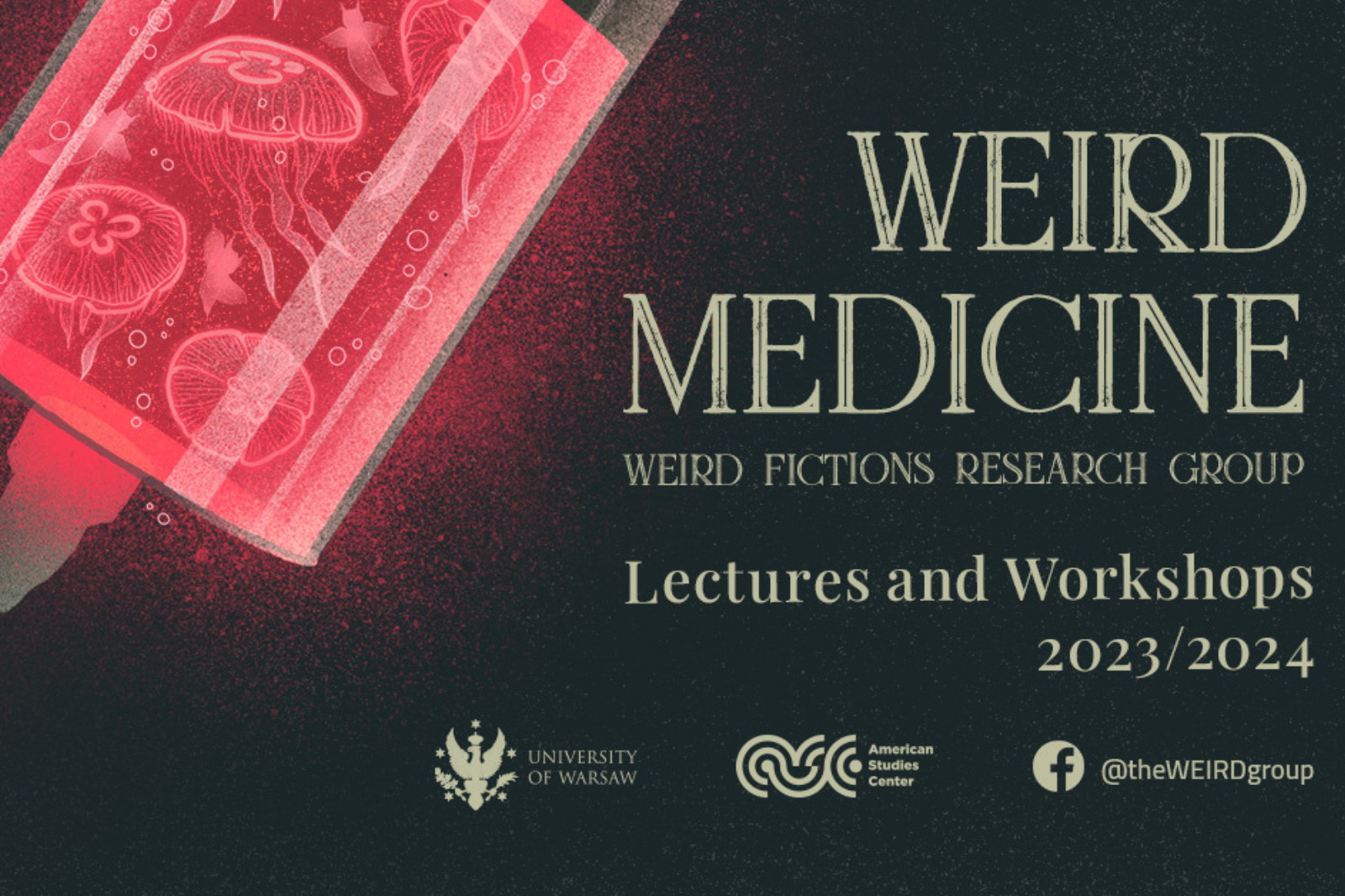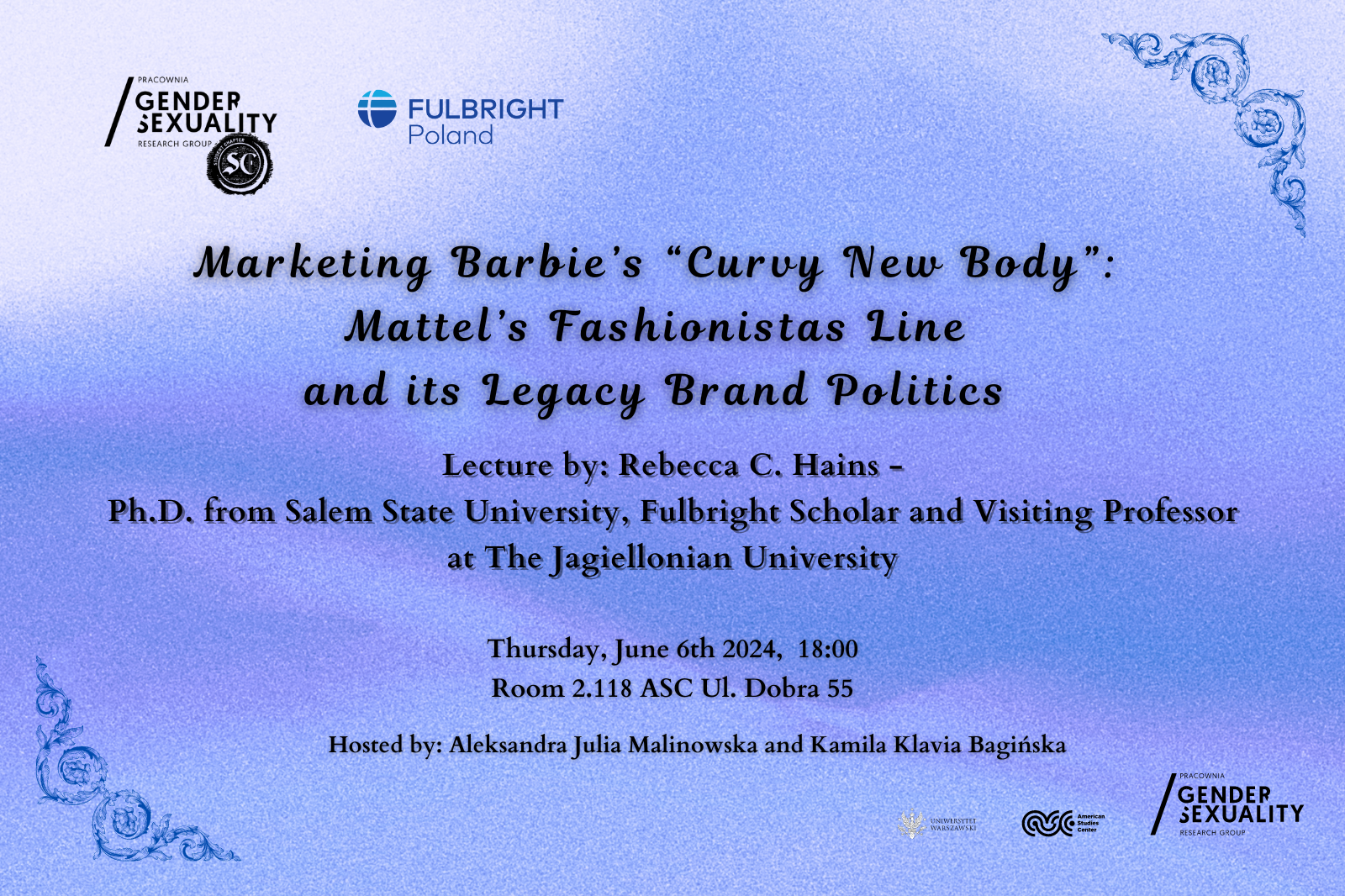We, the undersigned Americanists of the American Studies Center and others affiliated with the University of Warsaw, express our solidarity with the peaceful protesters in the USA and around the world. Black Lives Matter. We fully support the ongoing struggle against racism and injustice in the US recently intensified by the death of George Floyd. It is clear that critical changes are needed within the US law enforcement so that African Americans will not lose their lives or be brutalized in incidents involving the police. But it is also clear that far more than police violence is at stake. Decades of systemic racism have contributed to enormous inequality in wealth, access to healthcare, education and housing as well as to job discrimination and voter suppression. Racial profiling makes African Americans much more likely to be imprisoned than whites. Many of these phenomena are exacerbated by the perpetuation of harmful stereotypes in film, television, and news media that create a false image of African Americans in the United States and the world.
As scholars of American history and culture, we are deeply concerned about their representations and perception outside the United States. We appeal to media commentators in Poland to treat the ongoing protests with the respect and thoughtfulness they deserve and to educate the public about the racial and colonial history of the United States but also that of Europe. We strongly protest the sensationalism of some of the Polish coverage of the unfolding events.
The protests have gone global. This is a historic moment that may hopefully lead to profound change, but this change cannot happen if the public conversation about it is grounded in toxic stereotyping, factual inaccuracies, selectively used statistics, and ill-willed partisan argumentation. Journalistic integrity but also common human decency requires that even contentious issues and events be presented to the public in a balanced manner relying on a solid and nuanced understanding of the American history and culture.
Regardless of our political views, we first of all see ourselves as educators committed to raising awareness of the complexity of the United States, including its racial legacies. To that end, in the following weeks the American Studies Center, University of Warsaw website will provide links to insightful articles and videos on the unfolding protests as well as their historical and cultural contexts.
Dr Małgorzata Durska
Dr hab. Paweł Frelik, prof. ucz.
Dr William Glass, prof. ucz.
Dr hab. Agnieszka Graff, prof. ucz.
Dr Karolina Krasuska
Dr Krystyna Mazur
Mgr Filip Boratyn
Dr Jędrzej Burszta
Dr Héctor Calleros Rodriguez
Dr Matthew Chambers
Dr hab. Katarzyna Dembicz
Mgr Antoni Górny
Dr Ludmiła Janion
Mgr Gabriela Jeleńska
Mgr Aleksandra Kamińska
Dr hab. Elżbieta Bekiesza-Korolczuk
Dr hab. Grzegorz Kość
Dr Blanka Kotlińska
Dr Agnieszka Kotwasińska
Dr Anna Kurowicka
Dr hab. Sylwia Kuźma-Markowska
Dr hab. Bogumiła Lisocka-Jaegermann
Dr Karolina Lebek
Mgr Magdalena Maksimiuk
Dr Anna Malinowska
Dr Joanna Mąkowska
Dr Luis Miletti
Prof. dr hab. Stanisław Obirek
Mgr Paulina Orbitowska-Fernandez
Dr Natalia Pamuła
Mgr Alicja Relidzyńska
Dr Ryszard Schnepf
Dr Marta Usiekniewicz
Dr Marta Werbanowska
Prof. dr hab. Marek Wilczyński
Dr hab. Aneta Dybska (Department of Cultural Studies, Institute of English Studies)
Dr hab. Julia Fiedorczuk-Glinecka (Department of American Literature, Institute of English Studies)
Dr hab. Ewa Łuczak, prof. ucz. (Department of American Literature, Institute of English Studies)
Dr hab. Marek Paryż. prof. ucz. (Department of American Literature, Institute of English Studies)
Dr hab. Tadeusz Pióro (Department of American Literature, Institute of English Studies)
Dr Anna Pochmara-Ryżko (Department of American Literature, Institute of English Studies)
Dr hab. Justyna Wierzchowska (Department of Cultural Studies, Institute of English Studies)
Dr hab. Justyna Włodarczyk (Department of American Literature, Institute of English Studies)
Dr Joanna Ziarkowska-Ciechanowska (Department of American Literature, Institute of English Studies)



